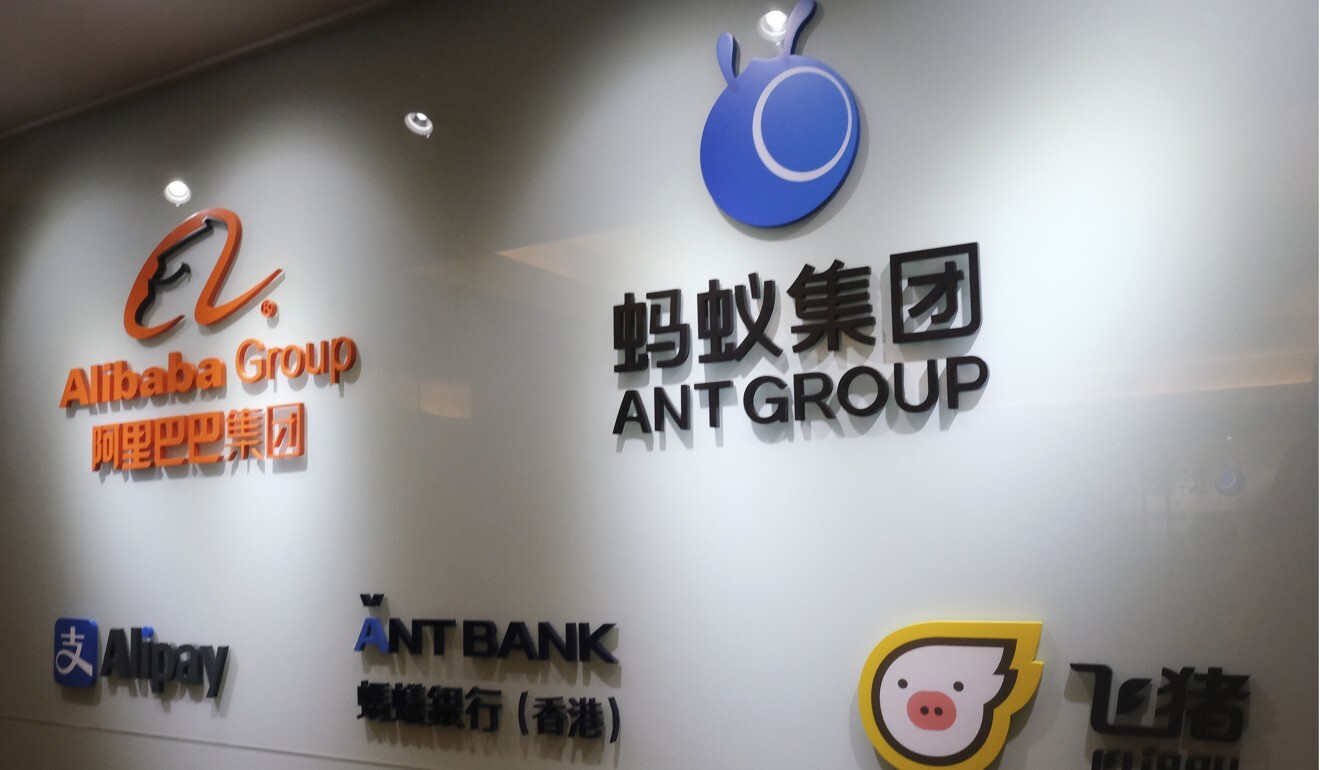
Ant’s record IPO refund causes Hong Kong’s dollar deposits to fall by HK$1 trillion in November, slows hot money inflow
- Hong Kong dollar deposits decreased by over HK$1 trillion, or 12.6 per cent, to HK$7.34 trillion at the end of November
- Total deposits in Hong Kong in the first 11 months still rose 6.3 per cent compared to 2019
The suspension of Ant Group’s jumbo IPO in November caused deposits in Hong Kong’s banking system to fall sharply during the month and led to a slow down of hot money inflow into the city, Hong Kong Monetary Authority data showed on Thursday.
The refund, equal to nearly half the daily local currency in circulation, led to deposits decreasing by over HK$1 trillion, or 12.6 per cent, to HK$7.34 trillion in November, according to the HKMA’s monthly statistics. Including a slight decrease in foreign currency deposits, total deposits in the banking system fell 6.8 per cent, to HK$14.66 trillion.

Despite the sharp fall in November, total deposits in the first 11 months of 2020 still rose 6.3 per cent, higher than the 2.9 per cent in 2019 as a whole.
The inflows pushed the Hong Kong dollar exchange rate to trade at the strong end of the peg at 7.75.
The HKMA stepped into the market 85 times this year to sell more than HK$383.5 billion while buying the same amount of US dollars to weaken the local currency. The last intervention was at the end of October, indicating the inflow has come to an end with the suspension of Ant’s US$37 billion IPO, which was supposed to be the largest offering on record.
Still, the capital inflows in the first 11 months of 2020 at HK$383.5 billion is the second-highest on record, next to HK463.4 billion in 2009.
The HKMA may have to continue intervening in the market in 2021 amid the zero-interest rate environment and launch of many popular IPOs, said Bruce Yam, currency strategist at Everbright Sun Hung Kai.
“However, the hot money inflow may be lower as central banks may put the monetary easing policies to an end after Covid-19 comes under control due to the vaccines,” Yam said.

